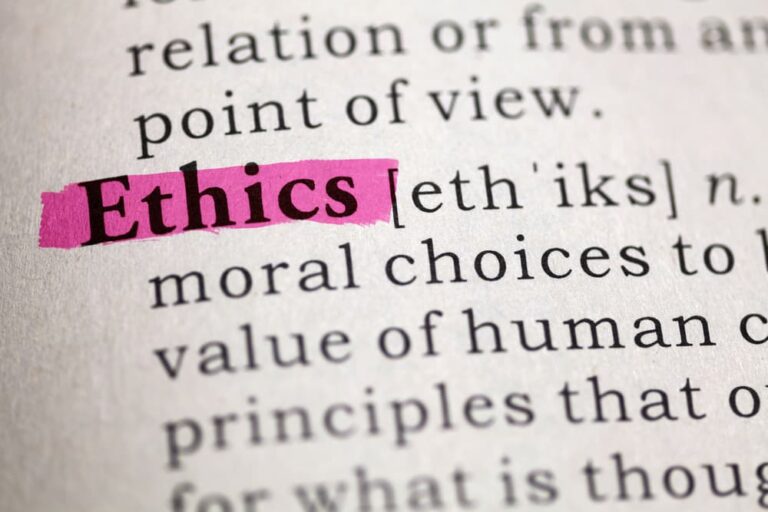First-Generation University Adult Learners and the Choice of an Online Learning Model
Dr. Yoram Neumann — First-Generation University Adult Learners and the Choice of an Online Learning Model
Access, success and affordability of higher education are main topics of discussion among policy makers. The most recent U.S. Department of Education data from fall 2014 indicated that 5.8 million students took at least one online course, with 2.85 million of them studying exclusively online.
The question remains whether or not online education can play a significant role in leveling the playing field and eventually reducing income inequality. According to the U.S. Department of Education and the Center of Education at Georgetown University, about a third of undergraduate students in U.S. universities and colleges are first-generation learners whose bachelor degree graduation rates within six years from starting their studies are only 25 percent. About 54 percent of these first-generation students are adult learners (ages older than 24). 4.5 million undergraduate students are both first-generation and low-income and their bachelor degree completion rate is only 11 percent.
To read the full Article first published in Diverse: Issues In Higher Education click Here







